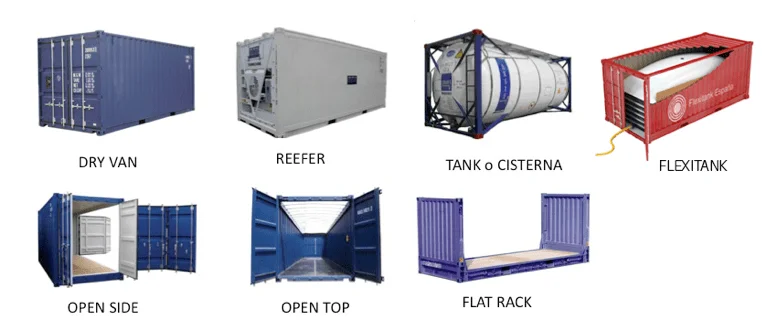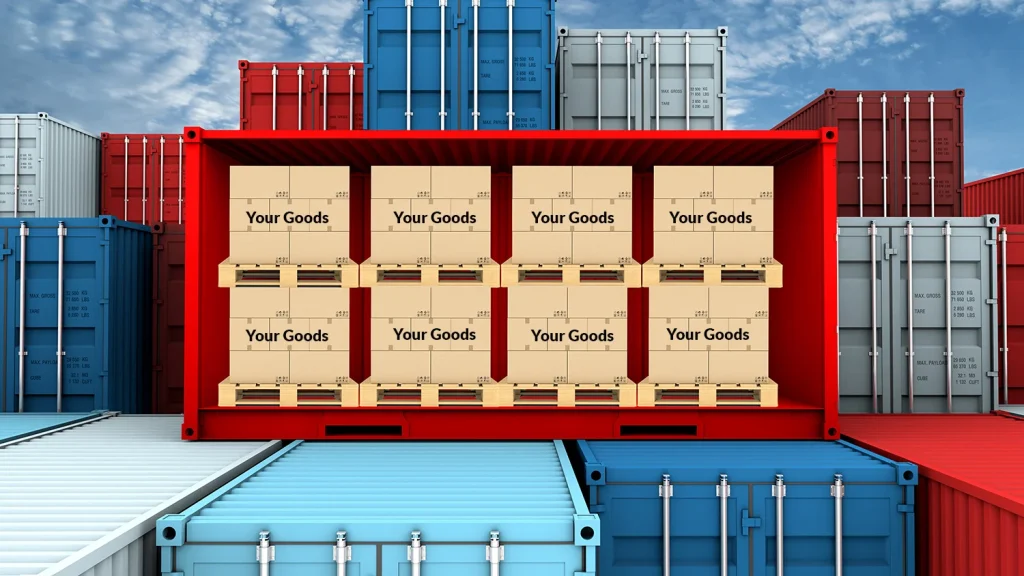Inventory Management Mistakes That Cause Shipping Delays
Home Inventory Management Mistakes That Cause Shipping Delays Shipping delays are one of the biggest frustrations for…
When it comes to international trade and large-volume cargo transport, FCL shipping is often the most efficient and secure method. FCL stands for Full Container Load, and it refers to a mode of sea freight where a single shipper reserves an entire container for their goods. This type of shipping offers better control, faster delivery times, and fewer risks compared to shared-container methods like LCL (Less than Container Load).
In this comprehensive guide, we’ll walk through what FCL shipping is, how it works, when to choose it, and how it fits into the broader world of logistics in Pakistan. We’ll also compare costs, dive into container types, and offer actionable tips for importers and exporters using FCL shipping in Karachi and other ports.
What is FCL shipping? It is a sea freight method where a shipper uses an entire shipping container exclusively for their goods. Unlike LCL, where shipments are consolidated with other exporters’ cargo, FCL allows for full use of a container, even if it’s not completely filled.
This method is widely used for large shipments or when the shipper requires additional security, faster transit times, and less cargo handling.
FCL shipping is ideal for importers and exporters looking for predictability, reliability, and security throughout the shipping journey.
The FCL shipping process is straightforward but requires proper planning, documentation, and coordination with sea freight and customs services.
The process begins by selecting the right type of container, usually 20-foot or 40-foot standard containers. Depending on the cargo, shippers may also choose refrigerated, high cube, or open-top containers. The shipper books the FCL load container through a freight forwarder or logistics company.
Once the booking is confirmed, the goods are prepared, packed, and loaded into the container. In most cases, loading happens at the shipper’s facility. The container is then sealed and prepared for inland transport.
The sealed container is moved to the port (e.g., Port Qasim or Karachi Port). A custom clearing agent in Karachi ensures all documentation is complete for export, including the bill of lading, packing list, commercial invoice, and any certificates required.
The container is loaded onto a vessel as part of scheduled sea freight services. Because the entire container is dedicated to a single shipment, there are fewer touchpoints and lower chances of delays.
On arrival at the destination port, the container goes through import customs clearance. Once cleared, it is delivered directly to the recipient’s warehouse or distribution center.
Choosing the right container type depends on the nature of your cargo:
FCL shipping in Pakistan uses all these container types depending on the shipping requirements.

FCL shipping provides a range of logistical and financial benefits that make it a preferred option for exporters and importers dealing with large or sensitive shipments.
Since the container is not shared with other shipments, there is minimal handling and virtually no mixing with other goods. This reduces the risk of damage or contamination.
Because FCL containers are loaded and sealed directly at the source and are not subject to consolidation or deconsolidation, shipping times are faster and more predictable.
While FCL may appear more expensive upfront, it often proves more economical for large shipments. FCL shipment charges per unit decrease significantly with volume.
The cargo remains sealed from the origin to the final delivery point, offering greater protection against theft or tampering.
While FCL shipping is advantageous in many cases, it may not always be the right choice for every business.
For small shipments, paying for a full container may not be cost-effective. In such cases, LCL shipping may be a better alternative.
If you don’t fully utilize the space in your container, you might end up paying more per cubic meter than necessary.
Several factors determine the total cost of FCL shipping:
Accurate forecasting of FCL shipment charges is crucial for budgeting and profitability.

FCL is best when you are moving large quantities of goods that require an entire container.
Products that are sensitive or valuable benefit from the exclusivity and reduced handling that FCL offers.
Businesses with regular shipments between Karachi and global ports can negotiate better rates and scheduling with consistent FCL shipping.
Some types of cargo have strict legal, sanitary, or security requirements. FCL makes compliance easier to manage due to reduced third-party contact.
A custom clearing agent in Karachi plays a crucial role in ensuring timely and compliant export processing. Their responsibilities include:
A good clearing agent reduces the risk of shipment delays and ensures a smooth customs process.
Karachi is Pakistan’s primary port for international trade. Its sea freight infrastructure supports FCL shipments to and from major global destinations, including China, UAE, Europe, and the USA.
Reliable sea freight services are essential for smooth container movement. These services include:
Having a local logistics provider who understands port operations in Karachi is essential for seamless shipping.
FCL shipping offers reliability, speed, and security for businesses dealing in high-volume exports and imports. Whether you’re moving furniture, electronics, or industrial goods, using a full container gives you complete control over your shipment’s journey.
However, successful FCL shipping depends on choosing the right container, understanding your shipment charges, ensuring accurate documentation, and partnering with experienced logistics providers.
If you are looking for dependable FCL shipping in Karachi or anywhere across Pakistan, Bismillah Logistics provides complete logistics support. From container booking and sea freight services to expert customs clearance through our custom clearing agents in Karachi, we ensure your cargo reaches its destination on time and within budget.
Home Inventory Management Mistakes That Cause Shipping Delays Shipping delays are one of the biggest frustrations for…
Home Why Efficient Supply Chains Are Crucial for Growing Businesses In today’s competitive market, businesses of all…
Home Documentation Errors That Can Delay Your Imports and Exports In international trade, time is money. Delays…